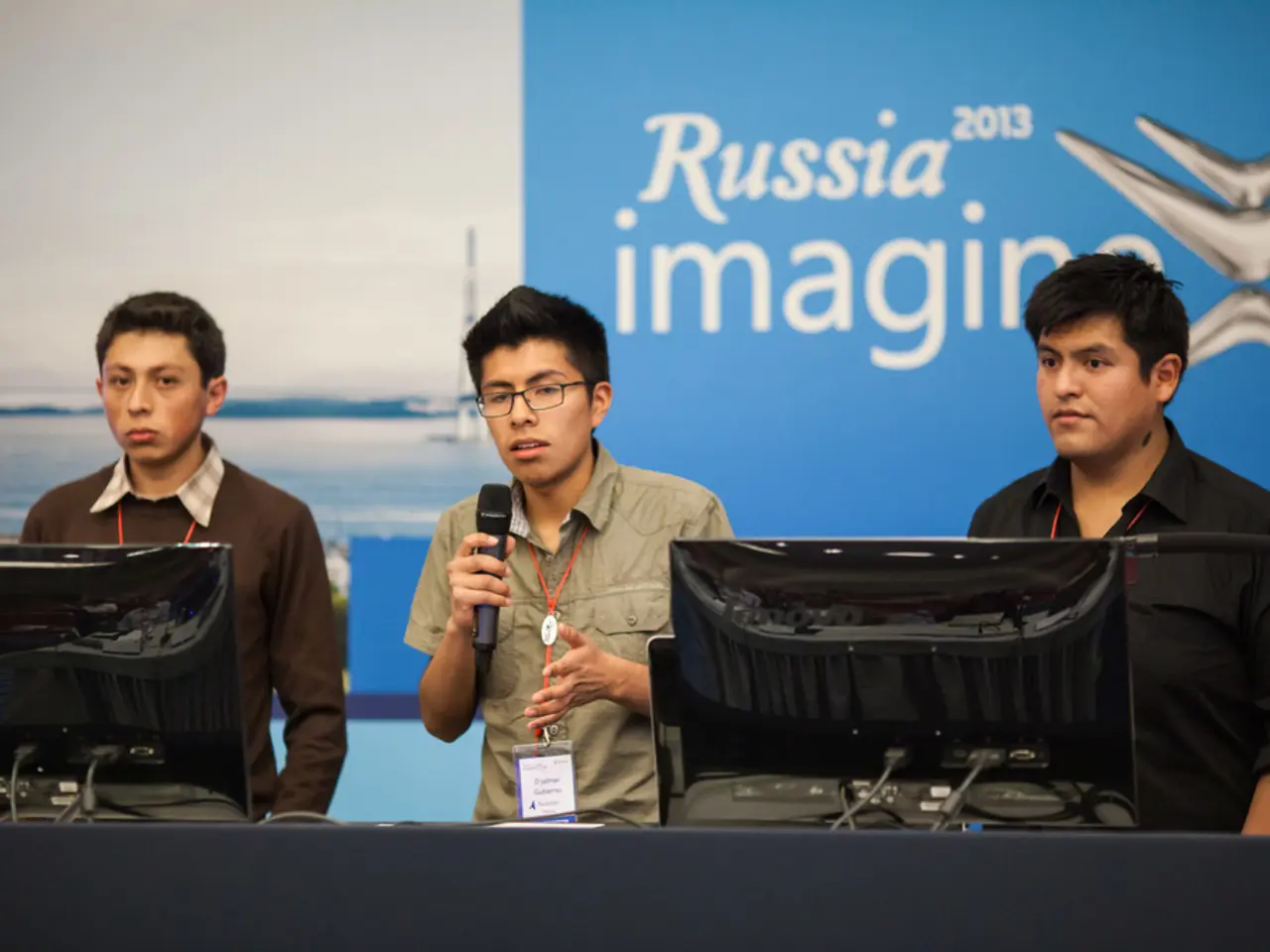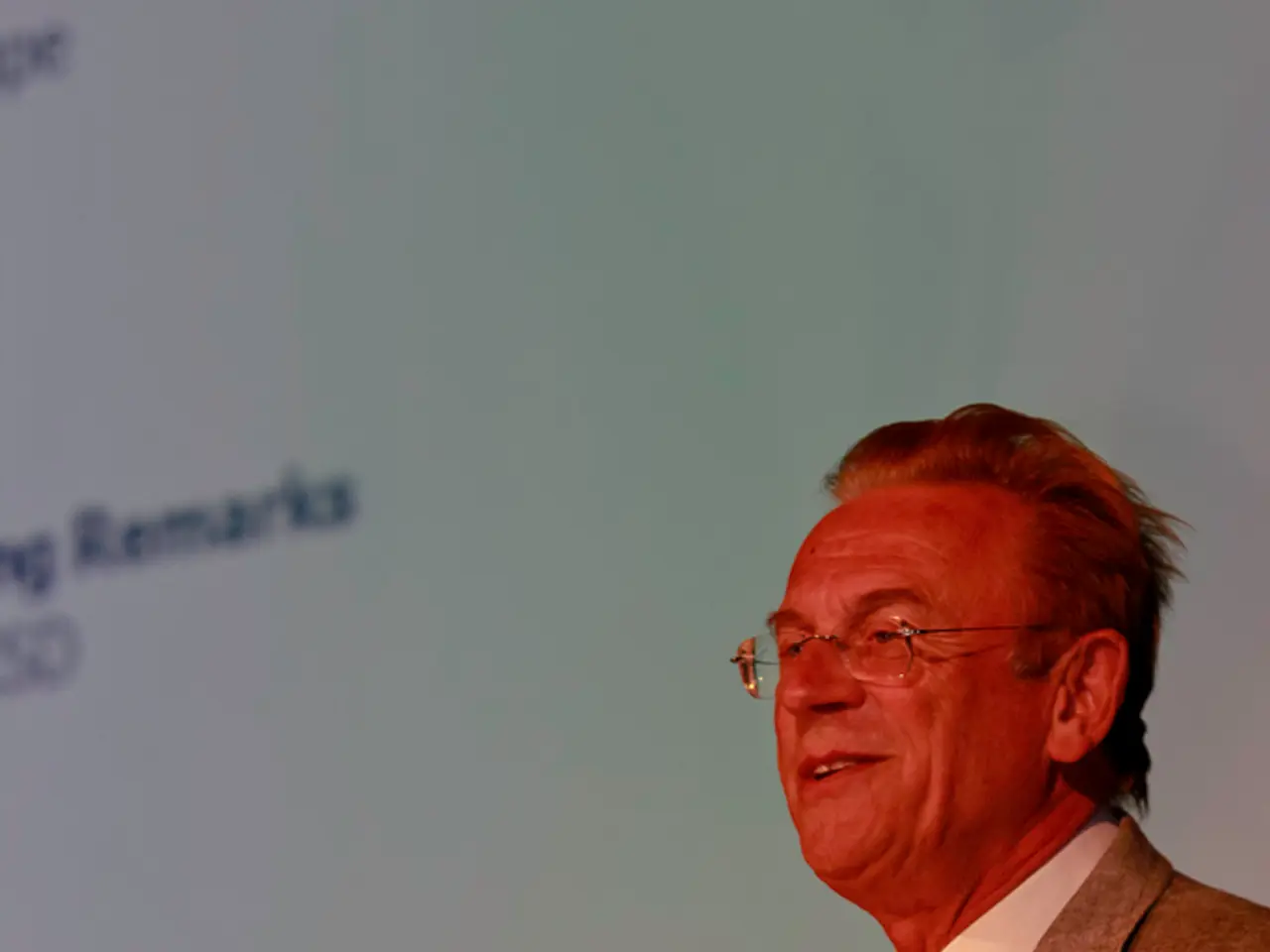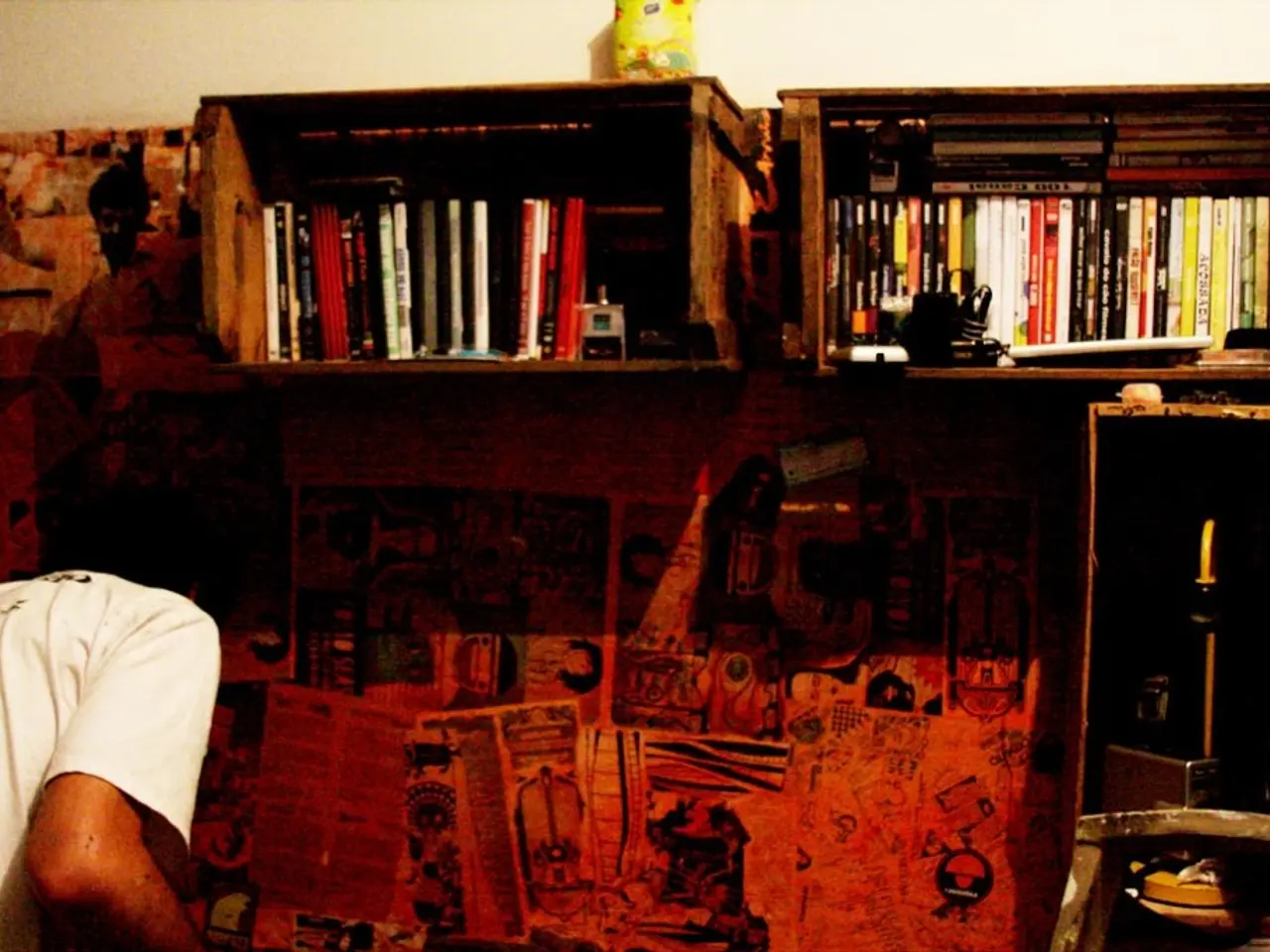Lithuanian Prime Minister Paluckas steps down in the wake of corruption accusations - Lithuania's Prime Minister Paluckas steps down due to claims of involvement in corruption activities
Lithuanian Prime Minister Gintautas Paluckas Resigns Amidst Corruption Investigations
Lithuania's Prime Minister, Gintautas Paluckas, has stepped down on July 31, 2025, following ongoing corruption investigations involving companies Dankora and Garnis. The investigations, led by authorities including the Financial Crime Investigation Service (FNTT) and the Special Investigation Service (STT), have been probing allegations of credit fraud, conflicts of interest, and misuse of EU funds connected to these companies.
Key details of the investigations include:
- Dankora, a company owned by Paluckas' sister-in-law, was raided by the FNTT. Dankora received EU subsidies and allegedly used the funds to buy battery systems from Garnis, a battery company partly owned by Paluckas.
- Garnis received a €200,000 low-interest loan from the national development bank ILTE while Paluckas was Prime Minister, raising concerns about conflicts of interest because the Prime Minister had been involved in government decisions related to ILTE.
- The Chief Official Ethics Commission is assessing whether Paluckas' role in these government decisions amounted to a conflict of interest.
- Opposition parties accused Paluckas of being "under a shadow of potential corrupt deals, undisclosed loans, and conflicts of interest," calling on the president to hold him politically accountable due to national security concerns.
- Paluckas denied wrongdoing, stating financial dealings were lawful and transparent, but resigned amidst mounting political pressure, including threats from coalition partners to leave the government if he stayed.
It is important to note that Paluckas was previously convicted and fined for abuse of power during his tenure as head of Vilnius' administration. Additionally, investigative journalists uncovered in May that Garnis had received state-funded loans while Paluckas was in office, and later revealed more suspected corruption cases involving Paluckas, some of which are now under investigation.
Following Paluckas' resignation, President Gitana Nauseda announced talks with the Social Democrats to form a new cabinet. According to the constitution, a new Prime Minister must be appointed within 60 days. In the meantime, a minister can temporarily assume the role of the head of government.
Lithuania, which borders Russia's Kaliningrad exclave to the west and Belarus to the east, has been an important partner in supporting Ukraine in its defensive war against Russia. Around 4,800 German soldiers are expected to be stationed in Lithuania over the next two years to contribute to deterrence against Russia on the NATO eastern flank.
Germany has been a crucial ally in these efforts, with Chancellor Olaf Scholz reaffirming Germany's commitment to supporting Lithuania and the broader region. The Social Democratic Party formed a coalition with the populist party Morning of Nemunas and the Democratic Union of Lithuania, which may have implications for Lithuania's future foreign policy decisions.
The investigations into Paluckas' involvement in these alleged corrupt practices remain ongoing, and Paluckas has declared his intent to defend his honor as inquiries continue. It is essential that the truth is uncovered, and those responsible are held accountable for any wrongdoing.
- The ongoing investigations involving companies Dankora and Garnis, which led to the resignation of Lithuanian Prime Minister Gintautas Paluckas, have raised concerns about cooperation with the countries of Central and Eastern Europe in terms of policy-and-legislation, politics, and general-news, particularly in relation to the misuse of EU funds, credit fraud, conflicts of interest, and war-and-conflicts.
- As Lithuania plays an important role in supporting Ukraine in its defensive war against Russia, and with Germany being a crucial ally in these efforts, the investigations into Paluckas' involvement in corrupt practices have significant implications for cooperation with the countries of Central and Eastern Europe and Eastern Europe, as well as for Lithuania's foreign policy decisions.








